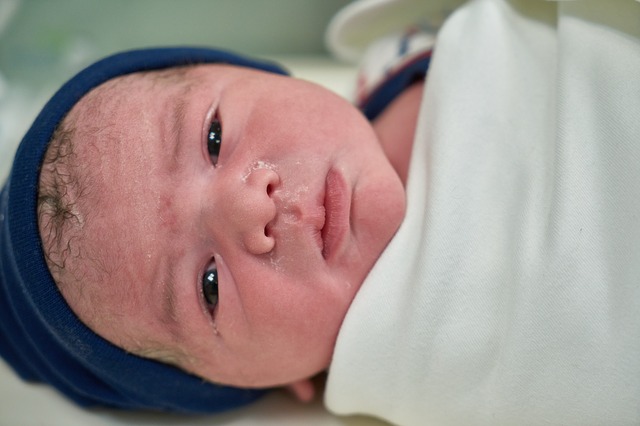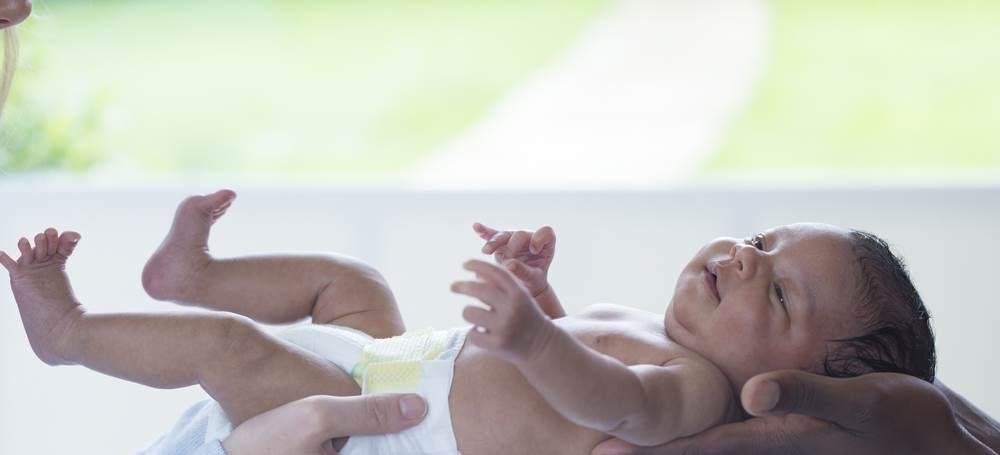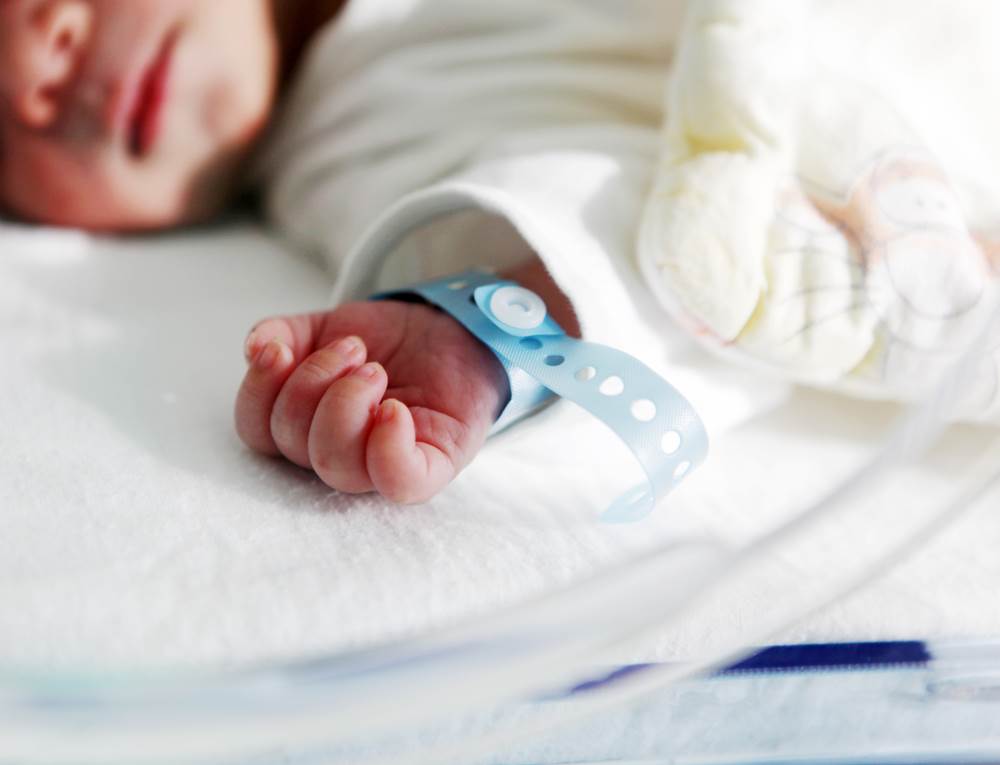Immunizations for Your Newborn: What You Need to Know
The Center for Disease Control, the American Academy of Family Physicians, and the American Academy of Pediatrics all recommend that children receive all vaccines according to the recommended vaccine schedule. For many families, this is an experience that provokes some tears from the baby and anxiety from the parents! How can you make the experience less stressful for your baby (and yourself)?
Reduce anxiety with information
If you have questions about your newborn’s vaccination, contact Dr. Leung. She can provide you with Vaccine Information Statements for the vaccines that your child will be receiving. These give detailed information about the risks and benefits of each vaccine.

What vaccines will my baby get first?
At 1 to 2 months, your baby should receive vaccines to protect them from the following diseases:
- Hepatitis B (HepB) (2nd dose)
- Diphtheria, tetanus, and whooping cough (pertussis) (DTaP) (1st dose)
- Haemophilus influenzae type b disease (Hib) (1st dose)
- Polio (IPV) (1st dose)
- Pneumococcal disease (PCV13) (1st dose)
- Rotavirus (RV) (1st dose)
Steps to help calm your baby
Dull the pain response with feeding
Feeding during vaccination time can help reduce the pain response. If your child is formula fed, you can prepare a bottle to offer your child as he/she is getting vaccines; for nursing moms, you can also attempt to breastfeed your baby. Feeding in itself helps to calm and relax your little one. It can help distract them from the shot experience and gives them comforting close contact with you. (Also, breastmilk has a slight sweetness to it, which can help reduce the pain response.)
Physical positioning
Holding your little one during their vaccination helps in several ways. It prevents your baby from moving their arms and legs during injections, allowing the vaccinator to have steady control of the limb and the injection site and reducing any risk of injury. It’s also comforting to your baby to be embraced during this process rather than held down.
Come prepared to calm your baby
Even if your newborn can’t understand your words, your calm voice will be reassuring to them. Bring anything your child finds comforting, like a favorite plushie, toy, or paci to help them focus on something pleasant.

After your baby’s vaccine
Potential reactions
Some babies will experience mild reactions from immunizations. These typically include pain at the injection site or a rash. You can treat mild reactions from vaccines with a cool, damp cloth to help reduce redness, soreness, and/or swelling at the injection site. These reactions are normal and temporary. You will want to read the Vaccine Information Sheet(s) Dr. Leung provides in order to learn about any side effects your baby may experience. A sponge bath can help reduce a temporary fever. You can also ask Dr. Leung if a non-aspirin pain reliever is appropriate for your baby at this time.
Swaddling your baby may make them feel comforted and more secure after their vaccination. Also, offering breastmilk or formula more often can help comfort your child, but keep in mind that some babies may eat less during the 24 hours after getting their vaccines. If you notice anything of concern, don’t hesitate to give our office a call.
Ensure your newborn’s health and safety by understanding the importance of vaccinations as part of comprehensive newborn care. Regular check-ups and immunizations are crucial in safeguarding your child’s future.

